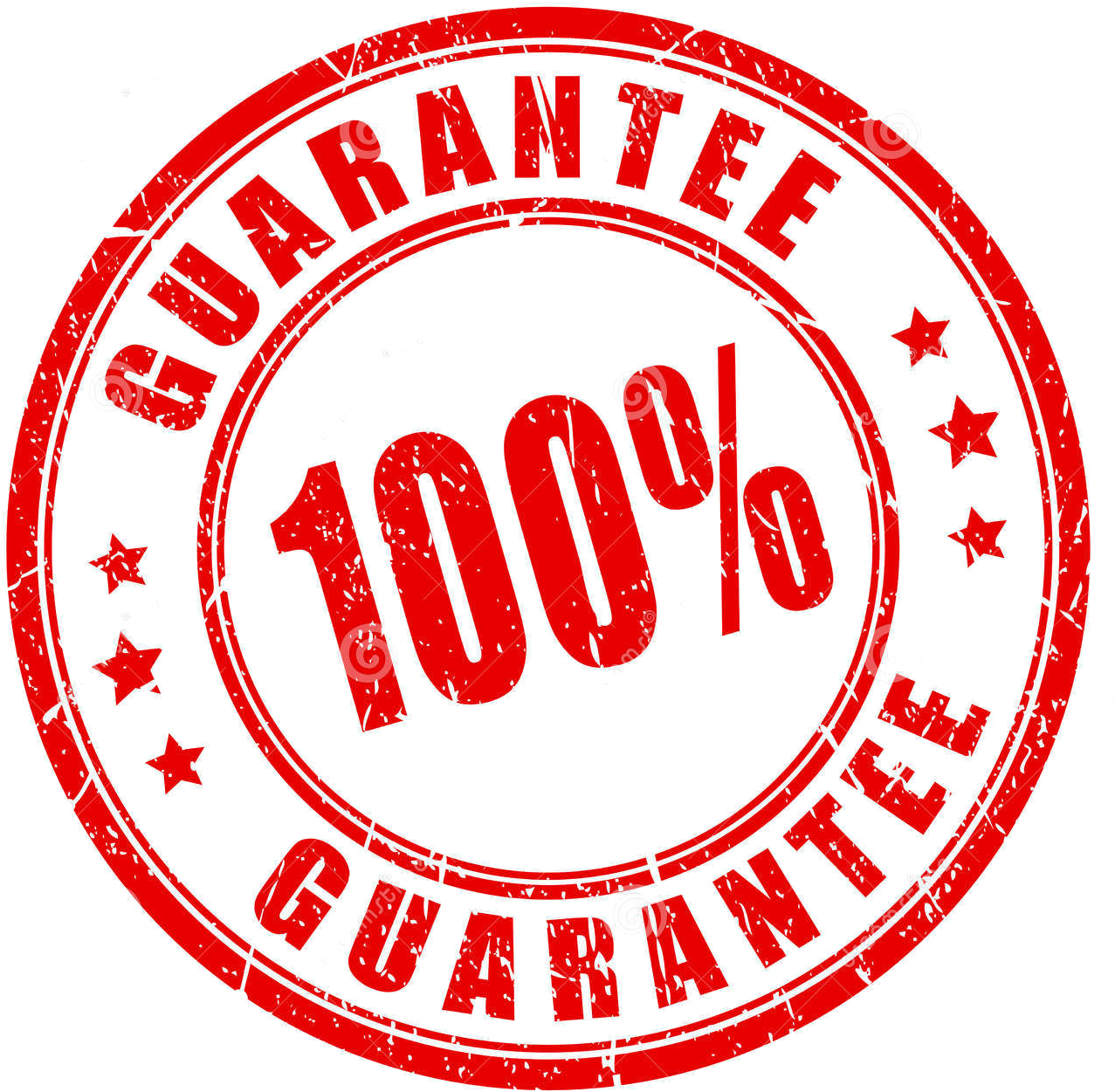Whether you are filing an income tax return or engaging in tax planning, our tax consultants are here to be your trusted partners.
Our service is designed to optimize your financial situation by minimizing tax liabilities. We thoroughly examine your financial landscape with guidance from top taxation consultants.
Our team carefully reviews your financial documents to ensure compliance with constantly changing tax laws, making sure your income tax returns are filed smoothly and error-free.
Trust seasoned Chartered Accountants for thorough tax audits, meticulous scrutiny, and assurance of your financial integrity. We also ensure timely e-filing of income tax returns (ITR).
A team of experienced Chartered Accountants (CAs) ensures swift and efficient resolution of income tax demands and notices. We carefully e-file income tax returns (ITR) to minimize the chances of income tax disputes and defective returns.
Businesses, whether small or large, encounter unique tax challenges. Our team of experienced Chartered Accountants focuses on growing your business while ensuring tax and compliance efficiency. We provide excellent services for income tax return (ITR) e-filing and thoroughly review small business tax provisions such as 44AD, 44ADA, and 44AE.
Our team of experienced Chartered Accountants (CAs) assists both resident and non-resident individuals and businesses involved in cross-border transactions. We provide best-in-class guidance and support for income tax consultation and e-filing services.

Our income tax advisors handles consultation and legal work through phone, email, and our secure client portal for maximum convenience and security.
We offer year-round support for income tax matters, providing assistance whenever you need it.
A personalized income tax strategy crafted exclusively for your situation.
Our team of income tax professionals is accessible for instant chat sessions.
Access top-tier income tax resources providing the latest and most comprehensive information.
Taxes are complicated. But here, we are on a mission to make them simpler for people who are not tax professionals.
Understanding your taxation requirements.
Customized income tax plan aligned with your goals.
Precise income tax e- filing for optimal results.
Continuous support and periodic reviews of income tax returns.
The best way to showcase our commitment is through the experiences and stories of those who have partnered with us.
Whether you are an individual, a small team, or a growing enterprise, we have ITR e-filing plan that aligns perfectly with your goals.
Salary And House Property Starting @999/-
Salary upto 10Lakhs/- @999/-
Salary above 10Lakhs upto 50Lakhs @1999/-
Salary above 50Lakhs 2999/-
Salary from more than one Employer @1999/-
Salary, House Property and Capital Gain Starting @1999/-
Salary upto 10 Lakhs @1999/-
Salary above 10 Lakhs upto 50Lakhs @2999/-
Salary above 50 Lakhs @3999/-
Business Income
CA Assistance
Computation Of Income
Books Of Accounts
Audited Financial Statements
Quick answers to questions you may have. Can not find what you are looking for? Get in touch with us.
Manthan Experts is a professional services firm specializing in providing comprehensive support and expertise in the field of income tax. The company offers a wide range of services, including tax planning, preparation, compliance, and advisory services to individuals and businesses. With an emphasis on personalized attention and in-depth knowledge of tax laws and regulations, Manthan Experts aims to deliver tailored solutions that help clients optimize their tax positions and achieve financial peace of mind.
Manthan works on the philosophy that ‘YOU’ deserve the best. With this aim, we strive to provide the best income tax solutions to all our clients. which Includes Income Tax Returns (ITR) Filing, Tax planning, Tax Audits, Compliance, Advisory services, and Consultancy on Income Tax Notice.
Manthan Experts strongly believes in building the trust of the clients. Our team understands how important is to keep the security and confidentiality of the client's data and information. We take important measures to ensure the same:
Effective Communication builds strong relationships. Trust and loyalty are the key factors in any relationship and both are improved by communication i.e. focused on consulting individual needs, delivering important information and providing positive and valuable feedback. Strong relationships with the customers also builds effective communication related to the products, services and company culture and values. Sometimes customers can be a source of great ideas to help in improving the products and services. Our team is skilled & specialized in both written and spoken fluent English and Hindi language. This helps us to communicate well with our clients.
It's important to consider the benefits that customers might experience when availing themselves of the company's services. Here are some potential benefits:
We value your inquiries and are committed to providing assistance. For any questions, concerns, or information, feel free to reach out to us using the following contact methods:
Customer Support:
Phone: 9643-969-969
Email: info@manthanexperts.com
Visit Our Office:
Manthan Experts Private Limited
A-92 C, 2nd Floor, Building 3,
Namberdar Estates, New Friends Colony
Delhi- 110065